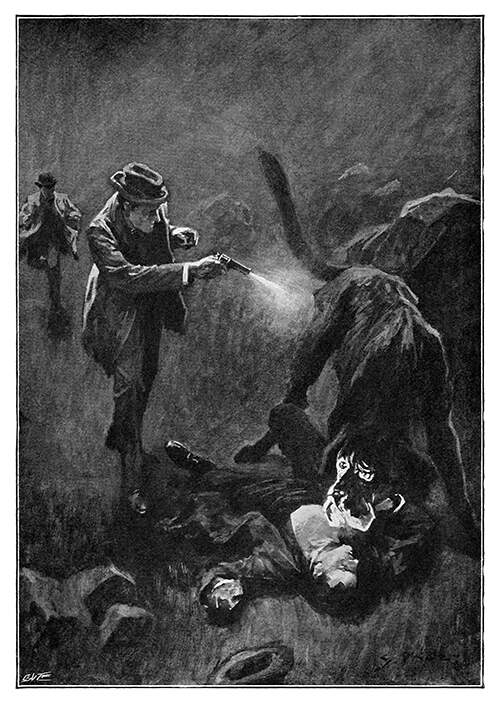Our Mutual Friend is the last complete work by Dickens, and is much criticized as being “less Dickensian”. There is probably some truth in it, for while thematically relying on social commentary and preserving his natural wit, satire, and critical sense, Dickens has departed from his comfortable and established zone into a matured, complete and elevated level. While it may not appeal to those who preferred the established “Dickensian” style, for my part, I found it really amazing and fascinating. It is really a pity that Dickens couldn’t complete any more work after this, for I loved this new turn in Dickens and would have loved to see its progress.
Money plays a major role in Our Mutual Friend so one can easily say that it is the main theme. A man fakes his own death to avoid an inheritance straddled with a bride and the bride, in her disappointment, seeks another money-match. Then there is a fortune seeker and an adventurer whose deception of each other unites them in marriage only to learn their own deception. Stuck together, however, they unite and scheme (not very successfully) to advance their financial position. Then there is also the greedy and corrupt Christian money lender who hides in the coat of a gentle Jew and who he represents to the world as being the principal while in reality, he is his employee.
Love is equally a strong theme here. Not being satisfied creating one love story to expound on the theme, Dickens weaves two different beautiful love stories. I said they are different, for while in one the male influence works miracles to rescue and bring up his love morally upright, in the other, female influence works a similar miracle to save and uplift morally her love from aimless wondering. If I’m to be quite honest, this theme was what attached me downright to the book. The stories themselves coupled with passionate, emotional, and sentimental writing bring out two delightful classical love stories and undoubtedly best by Dickens I have read so far. And to add to the allure, Dickens uses a jealous and maniacal villain who would have almost turned one love story into a tragedy.
Class difference is yet another major theme. Dickens expounded on this theme through one of the love stories. A barrister’s love and admiration for a working-class girl is checked by the difference in their social status. And when irrespective of this obstacle their union is finally made, Dickens expresses the “voice of the society” and their eagerness in casting their votes in condemnation.
Dickens also touches on mistaken identity, a little on mystery, and on discrimination (Feldgeby’s treatment of Riah) making the novel thematically rich.
Social commentary is a fixed feature of all Dickens’s work, and there is no exception here. Using a wider range of characters, Dickens works on the upper-class hypocrisy, the lower class deception, and middle-class salvation. Dickens saw and believed that the future of England lay in the hands of the rising middle class. Eugene’s marriage to Lizzie despite her low class and John Harmon’s decision to use his new wealth for the benefit of those unfortunate but deserving fellow men places faith in the middle class to uplift England socially and economically.
And all these themes are expounded, and engaging plots are created with the use of a set of interesting characters. Here too, Dickens is at novelty in introducing more than one hero and heroine. And interestingly, there is more than one villain too. Almost all the characters are interesting in their own way. But my interest was very much captivated by one heroine (Lizzie Hexam) and one villain (Bradley Headstone).
Dickens’s writing here is absolutely beautiful. It is rich, fascinating, dramatic, and complete. I was utterly amazed at Dickens’s skill at writing, for in this work most of his satire he has achieved figuratively. It is utterly awesome.
Our Mutual Friend is doubtless the best of the Dickens that I have read so far. And all though I have read only about half of his work, I doubt whether the place this work has taken in my heart can be replaced by any other. David Copperfield was my most loved until now but no longer. I’m really glad that Dickens produced such great work, even though his literary journey was cut before his elevated mind and writing could produce another completed work. However, for producing this beautiful work that I would cherish for the rest of my life, I’m very much grateful to him.
Rating: 5/5



